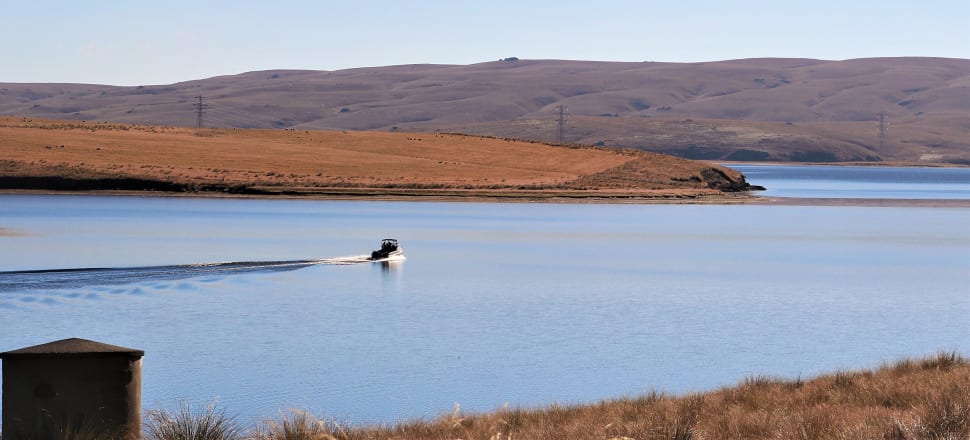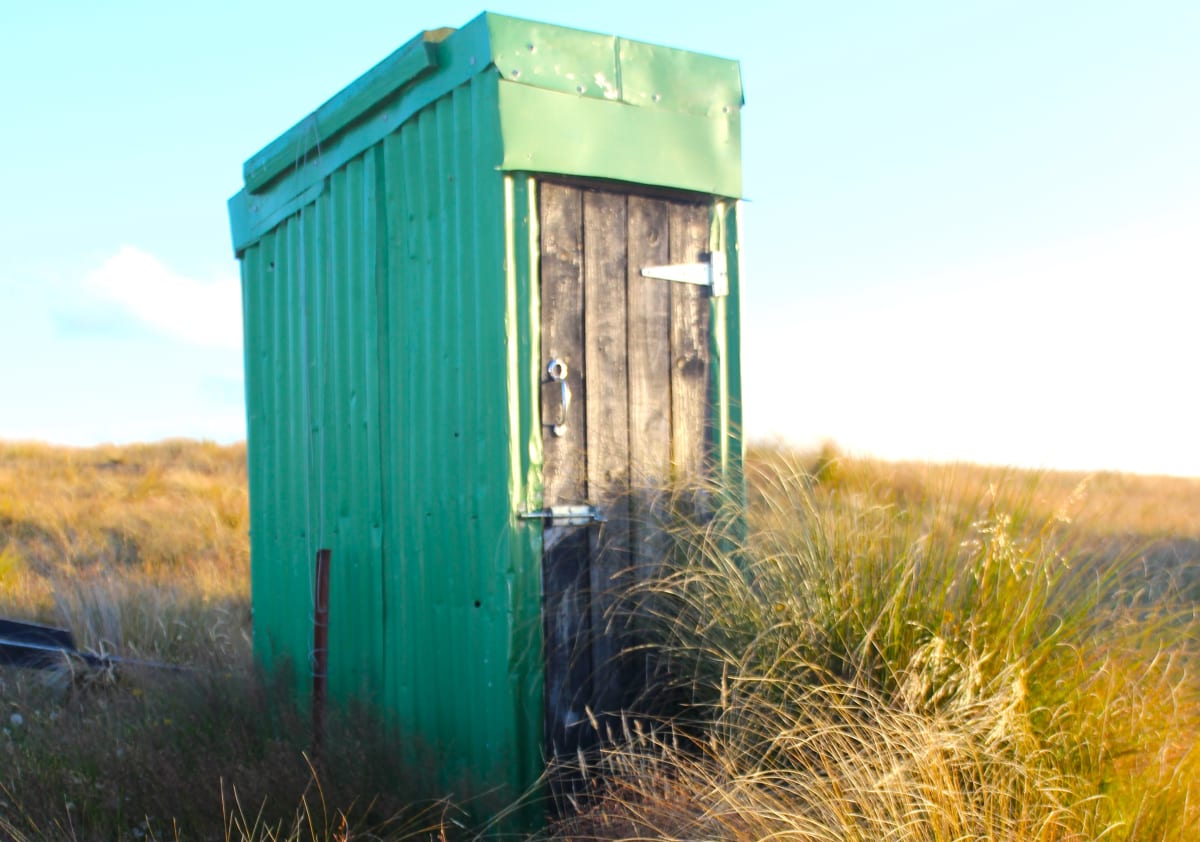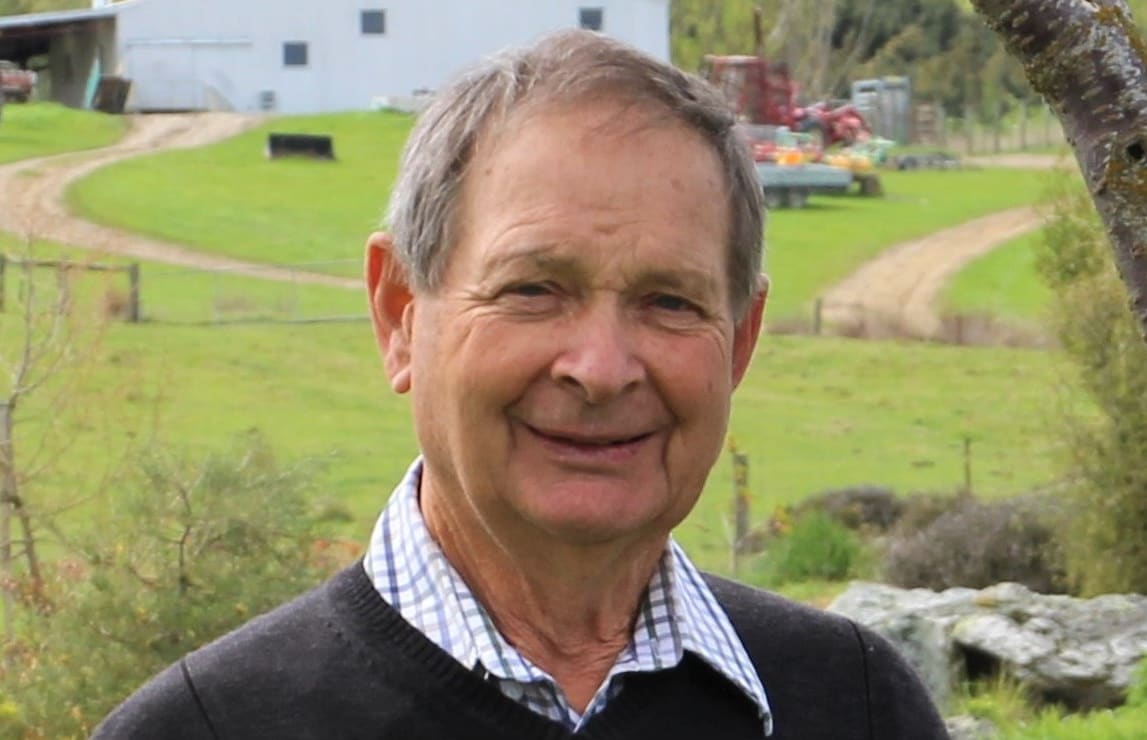
Nestled in the hills of Central Otago lies the energy silver bullet that New Zealand couldn’t afford
After investigations costing $21.8 million the plug is about to be pulled on a power scheme that technically could have solved New Zealand’s looming energy shortage.
Lake Onslow, high up in Central Otago, will remain a quiet windswept fishing spot with rustic huts, endless tussock and grazing cattle as its backdrop rather than a massive concrete dam.
The pumped-hydro scheme that would have enlarged Lake Onslow by several times was a key part of the outgoing Labour government’s NZ Battery Project, a $100 million programme led by the Ministry of Business, Innovation and Employment.
It aimed to find ways to keep the lights on in a dry year.
But the incoming government – in whatever form it takes – plans to shelve the Onslow project.
National, Act and NZ First have all declared the $16 billion Crown-funded scheme will not go ahead under their watch.
National’s energy and resources spokesperson, Kaikōura MP Stuart Smith, who comfortably retained his seat in Saturday’s election, previously told Newsroom the priority of the party’s “electrify NZ” policy was making consenting and reconsenting of renewable-energy projects easier.
Halting the Onslow feasibility studies is also a priority, Smith says, and the move is listed on new prime minister Christopher Luxon’s 100-day action plan.
For Smith the level of public investment and fear of cost overruns are key to rejecting the plan.
Probable government coalition partner Act’s view, meanwhile, is the project would not deliver value for money.
It says taxpayers “shouldn’t be on the hook for costly projects that don’t stack up”.
The party favours a simplified permitting regime for offshore wind projects and a focus on such technologies as carbon capture, utilisation and storage.

NZ First, another coalition contender, did not have a candidate in the Southland electorate where Lake Onslow is located but Mark Patterson, the party’s candidate for neighbouring Taieri and a new list MP, confirms NZ First’s policy is to ditch the scheme.
The party could end up joining National and Act as part of the new government after the special-vote count is complete on November 3.
“The money would be better invested in a multitude of smaller projects closer to the main sources of demand.
“We are in favour of more baseload energy investment in a mix of geothermal, biofuel, waste-to-energy and smaller pumped-hydro projects in the Central North Island.”
Patterson says NZ First is also open to replacing some coal generation with natural-gas.
Scheme looked sound
MBIE’s geotechnical studies from phase one of its Onslow investigations found extending the lake and building an underground power station appeared feasible.
Water would be pumped up to the lake from the Clutha-Mata-Au River when power was cheap then stored until needed.
The scheme would have been New Zealand’s largest-ever hydro project generating up to 1000 megawatts of electricity and having 5TWh of energy storage.
In comparison the country’s largest existing concrete gravity hydro dam at Clyde generates 432MW.
In energy-storage terms Onslow would have more than twice Lake Pukaki’s 1.9TWh capacity.
Phase one of the study finished in February and in an update to the Teviot Valley Community Board last month MBIE policy director Susan Hall said as part of ongoing work the team would be checking whether the Crown should be investing in such a project when compared to alternatives.
It was also set to assess the future security of New Zealand’s gas supply.
NZ Battery Project director John Doorbar told Newsroom last week about $64 million of $69 million tagged for further work had been earmarked for the next Onslow investigation phase.
Some relief
Avenel Station owner Pat Garden, who lives near Roxburgh, is one of three farmers whose land would have been flooded.
If Onslow is canned they’ll all be relieved although Garden also sees downsides.
“There has been a lot of anxiety and uncertainty about what it would mean to those farming enterprises.
“That’s going to be a real weight off our shoulders. We’re delighted in that regard.”
He says the Teviot Valley has a distinctly older population and many people feared the disruption the project would cause to their lives.
Lake Onslow fishermen would also cheer an end being put to the scheme, Garden says.
Along with Central Otago Mayor Tim Cadogan, Garden had been “verbal” in pushing for the interests of the community if the scheme were to proceed – and the authorities had listened.
“There had been recognition that for communities affected by these big infrastructure projects a shared benefit would have been put in place.
“That really had the potential to change a lot of the things that are holding us back in the Teviot Valley.
“I wasn’t going to be here but it was my grandchildren who I was arguing for.”

The area struggles to retain new permanent residents mainly because of the seasonality of its predominantly horticulture jobs.
Garden worries for a future without pumped-hydro to back up storage lakes.
“From a national perspective the huge increase in renewable energy that’s going to be required, particularly wind and solar, will make that energy profile really vulnerable to the dry-year effect on hydro.
“The only way to fill that gap is from fossil fuels, from thermal generation.”
He says the scheme could have balanced the country’s whole generation model as long as it had significant state involvement, although at a huge cost.
“Climate change down the track will determine whether this shift has been an electorally sound decision”.
Bardsley philosophical
Meanwhile the hydrologist who first conceived of the idea, Waikato University associate professor Earl Bardsley, says although it’s disappointing not to know what further investigation of the scheme might have found there is an upside to its demise.
“It had been making me feel a bit bad that an idea I started resulted in what turned out to be needless uncertainty to the farming families concerned and the Teviot Valley community.”
He believes the scheme would have been a unique geographic opportunity for cost-effective energy storage as well as a bonus for the region in capital investment and water-supply security.
He doesn’t believe it will ever be reinvestigated by private or public entities.
“Onslow would be a long time in construction so I don’t see investigations being restarted at a later date.
“However the dry-year problem still remains unsolved and it is difficult to now see any long-term alternative to burning massive amounts of fossil fuel to keep the lights on in dry times.”
Made with the support of the Public Interest Journalism Fund








